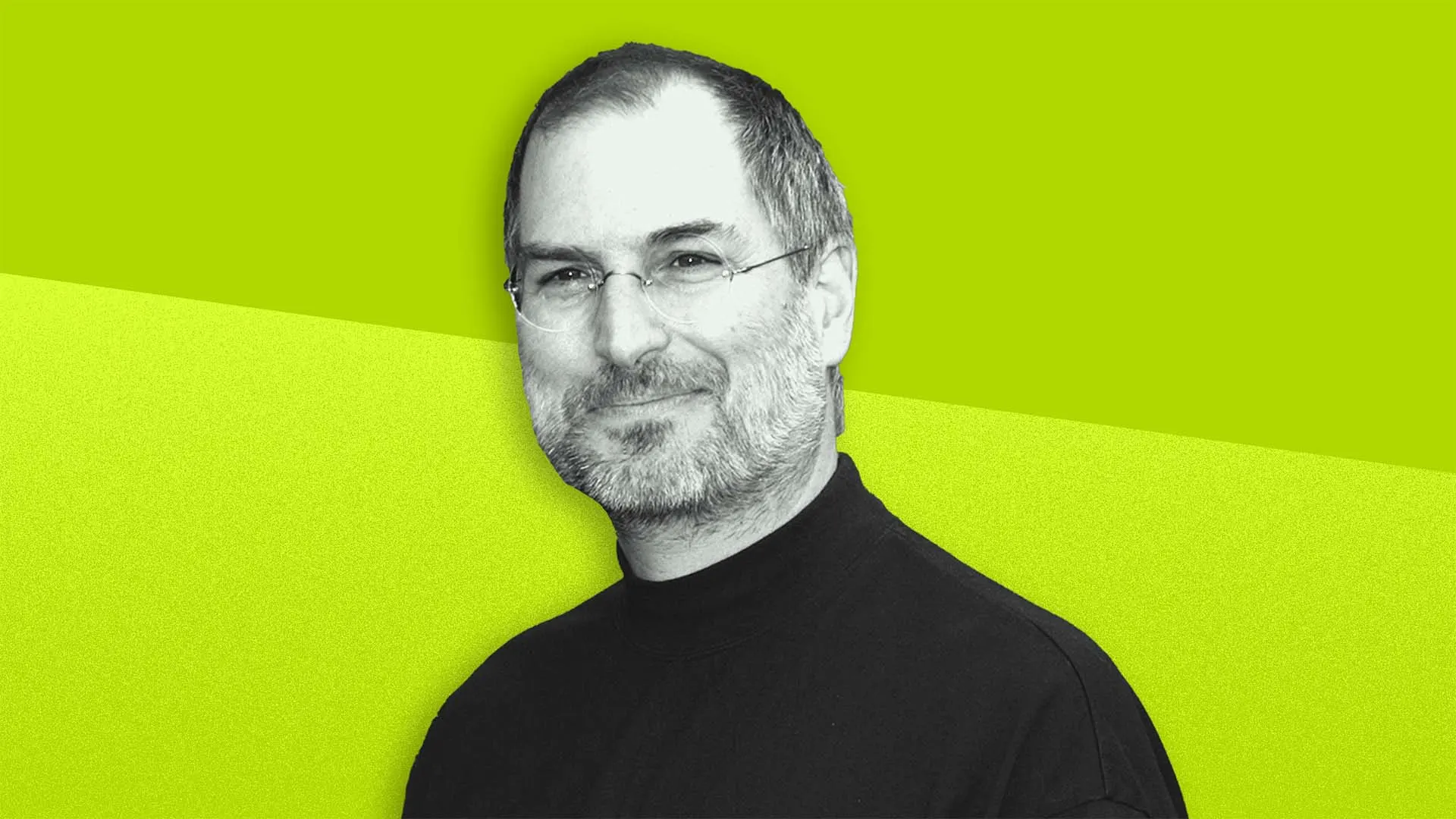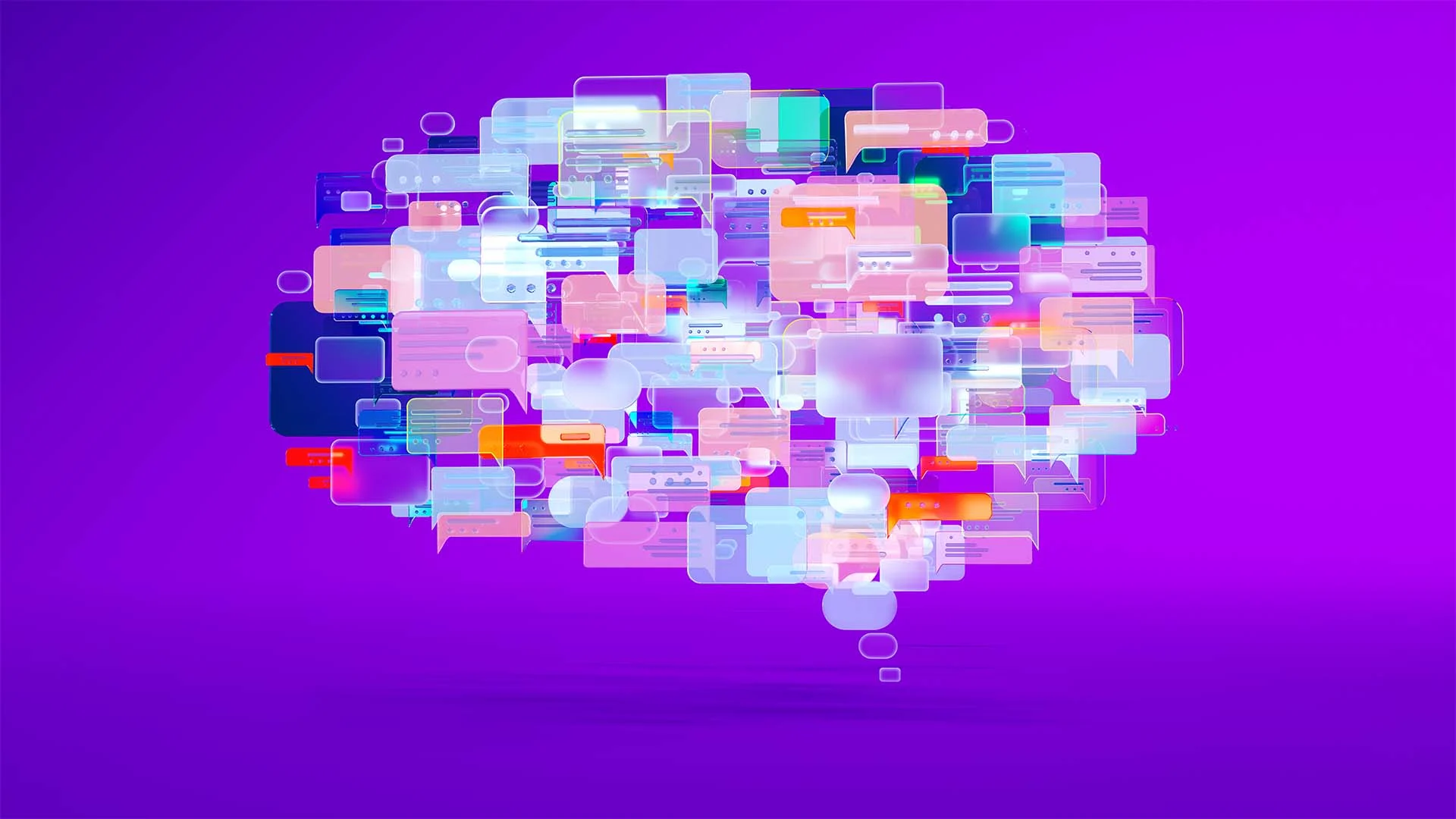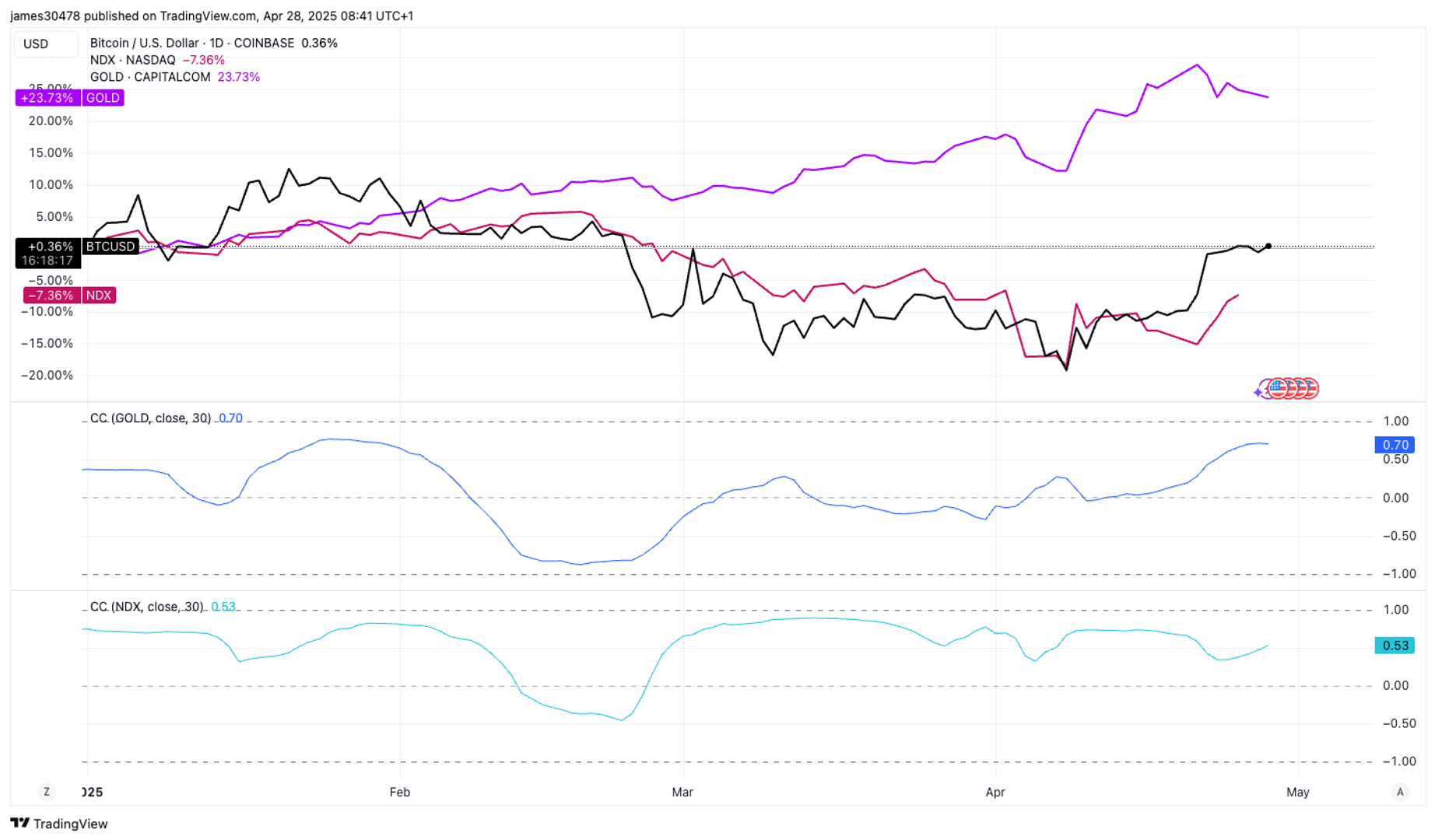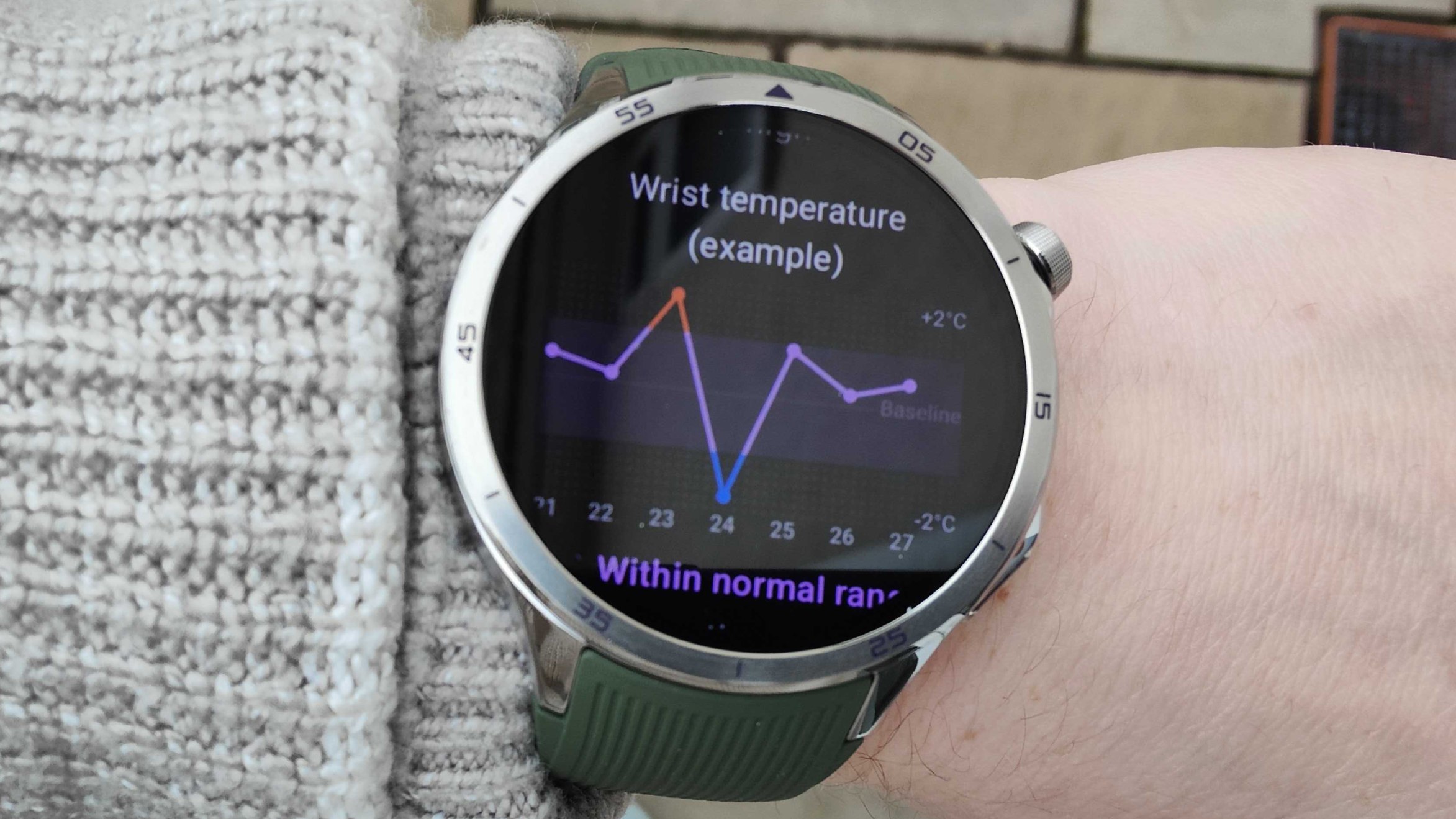AI in Medicine: The Future of Healthcare Is Happening Now
Artificial Intelligence (AI) is no longer a futuristic idea in healthcare; it is reshaping the industry right now, and 2025 is witnessing its...


Artificial Intelligence (AI) is no longer a futuristic idea in healthcare; it is reshaping the industry right now, and 2025 is witnessing its most transformative era yet. From improving diagnostic precision to revolutionizing drug discovery, AI is unlocking capabilities that were once considered the stuff of science fiction. Let’s explore how AI is revolutionizing medicine, with data-backed insights and real-world applications.
AI in Diagnostics: Enhancing Accuracy and Efficiency
One of the most significant impacts of AI has been in diagnostic medicine. AI’s ability to interpret complex medical images has advanced dramatically. A 2024 study from UCLA demonstrated that Unfold AI detected prostate cancer with 84% accuracy, outperforming human doctors, who averaged 67% accuracy. Not only did this AI system significantly increase detection rates, but it also improved surgical outcomes by increasing the negative margin rate by 45 times, meaning far less residual cancer post-surgery.
Similarly, in cardiovascular diagnostics, AI models have shown exceptional promise. Research indicates that AI analyzing electrocardiograms (ECGs) achieved an impressive 85.7% accuracy in detecting asymptomatic left ventricular dysfunction. This opens up the possibility of using AI-driven screening tools even in remote settings where expert cardiologists may not be available.
AI is also transforming virtual primary care. A recent study reported that AI achieved a diagnostic accuracy of 98% in virtual consultations, highlighting its potential to revolutionize telemedicine, especially in underserved regions.
AI in Drug Discovery: Accelerating Therapeutic Development
The pharmaceutical industry is also experiencing a seismic shift thanks to AI. Traditionally, drug discovery is a painstaking and costly process that can take over a decade. However, AI is speeding things up. According to Grand View Research, the global AI in drug discovery market, valued at $1.5 billion in 2023, is projected to reach $9.1 billion by 2030, growing at a CAGR of 29.7%.
AI is not just about speed; it is about precision too. Drugs discovered with AI assistance have shown Phase 1 trial success rates between 80% and 90%, compared to the traditional 40% to 65%. This significant improvement suggests AI could dramatically reduce drug development costs and bring lifesaving therapies to market faster. Moreover, AI enables personalized medicine by analyzing large datasets to predict drug efficacy across different patient profiles, paving the way for tailored treatment plans.
AI in Clinical Workflows: Streamlining Operations
Beyond diagnostics and therapeutics, AI is optimizing the very workflows that define clinical practice. Administrative tasks, often a source of burnout among healthcare workers, are increasingly being handled by AI systems. Companies like Charta Health are leading the way by automating patient chart reviews, resulting in fewer errors, faster processing times, and even revenue increases for healthcare providers through better coding and claims management.
AI-powered patient engagement tools are also becoming mainstream. For instance, a chatbot named Lola is now being used to monitor patients with heart failure and chronic obstructive pulmonary disease, offering real-time tracking and alerting healthcare providers when a patient requires follow-up care.
Investment in AI Healthcare: A Growing Trend
The financial world has taken notice of AI’s growing role in healthcare. In 2024 alone, U.S. healthcare companies received $23 billion in venture capital funding, with nearly 30% directed toward AI-based startups. Globally, digital health funding rebounded to $25.1 billion, with AI ventures accounting for a commanding 58% share. This surge in investment signals robust confidence in AI’s ability to address some of healthcare’s biggest challenges.
Regulatory Oversight: Ensuring Safe and Effective AI Integration
As the healthcare industry embraces AI, regulatory frameworks are evolving to ensure that safety, fairness, and effectiveness remain top priorities. The U.S. Food and Drug Administration (FDA) has already authorized nearly 1,000 AI-enabled medical devices, while hundreds of AI-developed drugs are currently under regulatory review.
The FDA has committed to flexible yet rigorous oversight models to keep pace with rapid innovation. At the same time, institutions like the American Medical Association and the National Academy of Medicine are issuing guidelines on ethical AI use to prevent biases, errors, and misuse.
The Road Ahead: AI's Role in Global Healthcare
AI holds enormous promise for global health equity. With an estimated 4.5 billion people worldwide lacking access to essential healthcare services, AI could help bridge this gap by offering scalable, affordable, and accurate healthcare solutions. Additionally, AI may help mitigate healthcare workforce shortages by automating routine tasks and augmenting clinical decision-making, thereby allowing human clinicians to focus more on patient care.
However, experts agree that responsible use of AI must remain a top priority. Before AI systems are allowed to influence patient care, they must pass rigorous validation checks to ensure they are safe, effective, and equitable.
Conclusion: Embracing AI for a Healthier Future
In 2025, AI has firmly established itself as a cornerstone technology in medicine, akin to transformative innovations like the transistor, the telephone, and the internet. From faster diagnoses to more precise therapies, AI is poised to redefine how we think about health and wellness. Yet, this transformation also demands careful stewardship. Innovation must be paired with regulation, creativity with ethics, and accessibility with equity. If we strike this balance, AI will not only make healthcare more efficient but also make it more human-centered, inclusive, and lifesaving.
In short, AI is not just adding a new tool to the medical kit; it is rewriting the manual altogether.
![How To Align Your SEO Process With AI Discovery [Infographic]](https://imgproxy.divecdn.com/9P2R5ZZoepHyBzf0CW-n2EgWRhr-_OdwsznROe_GvnM/g:ce/rs:fit:770:435/Z3M6Ly9kaXZlc2l0ZS1zdG9yYWdlL2RpdmVpbWFnZS9haV9zZWFyY2hfaW5mbzIucG5n.webp)

























































































































































































